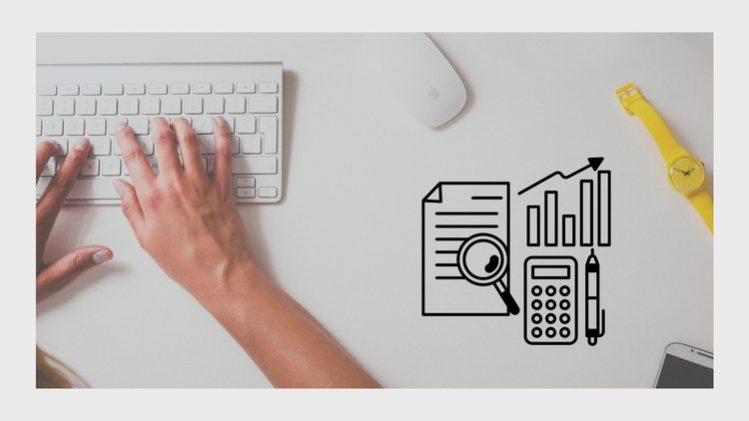
soft skills
soft skill training
personality development
Hard Skills
business etiquette
social skills
communication skills
email writing
Learn hard and soft skills
Soft skills are character traits (like being self-motivated, creative, or reliable) that positively affect how you work and interact with others. Soft skills are personal attribute-driven general skills, such as the ability to give and receive feedback, work collaboratively, and manage time. They are usually self-developed.
Soft skills relate to your emotional intelligence and natural ability to interact well with others. They are useful across all industries and job types. Hard skills are technical skills or other job-specific expertise that are learned through education or training.
Hard skills are skills that allow you to perform job-specific tasks and responsibilities. They can be learned through formal education, apprenticeships or internships, certification programs, and on the job. Hard skills typically focus on particular processes or tasks and involve the use of specific tools or software. Hard skills include things like language skills, skills with particular software, job-specific skills, etc.
Since hard skills refer to the expertise you have acquired in any particular field, they also happen to be one of the most important skills listed in your resume. Although soft skills eventually determine whether you’ll get the job, a certain level of proficiency is always required to give you an edge over the other candidates. That proficiency is determined by hard skills.
This course covers the top soft and hard skills that are most valued by Employers in 2022.






